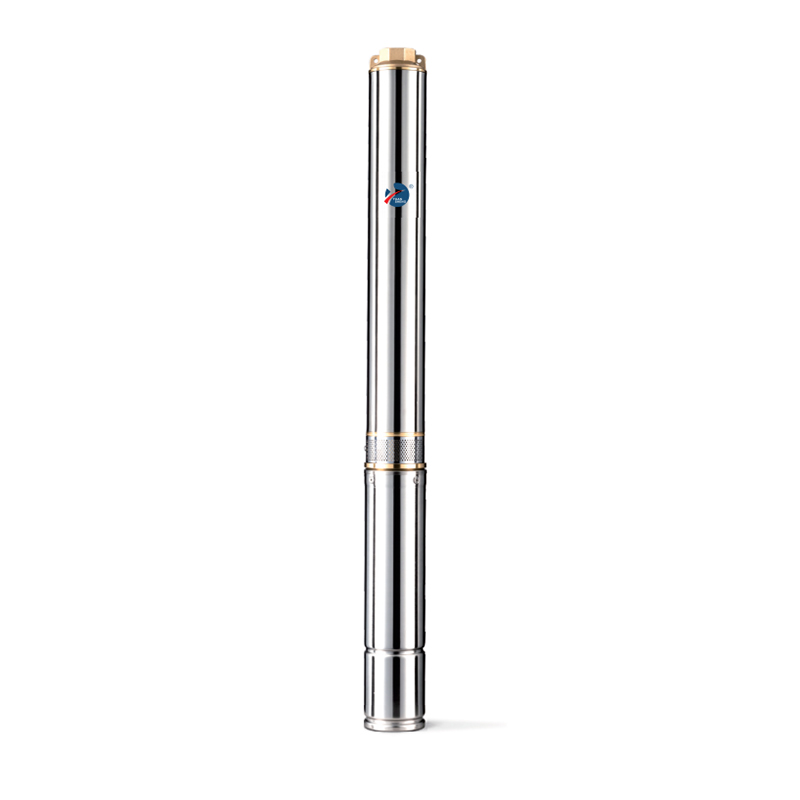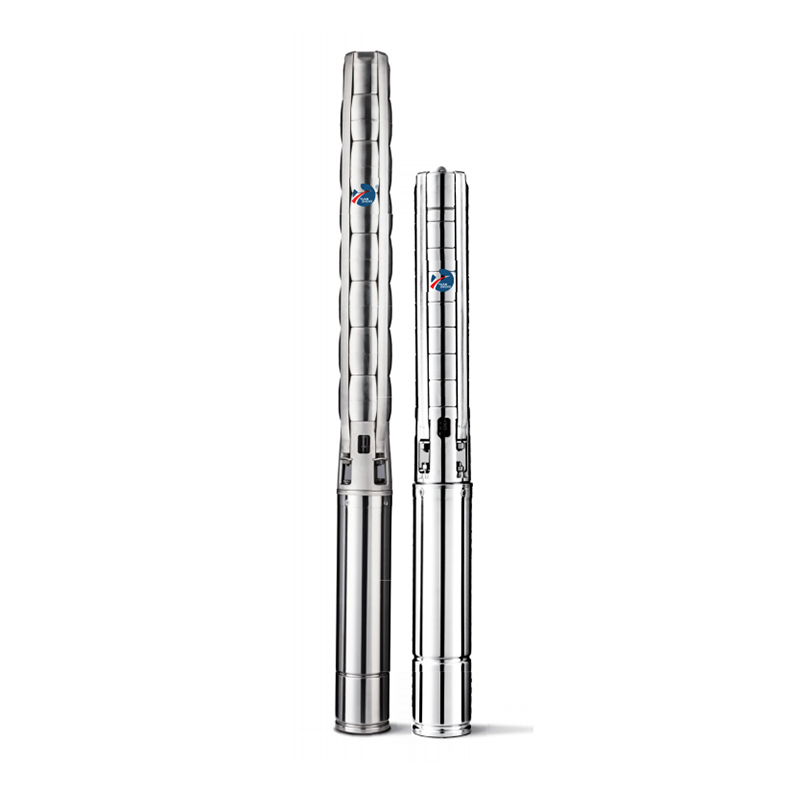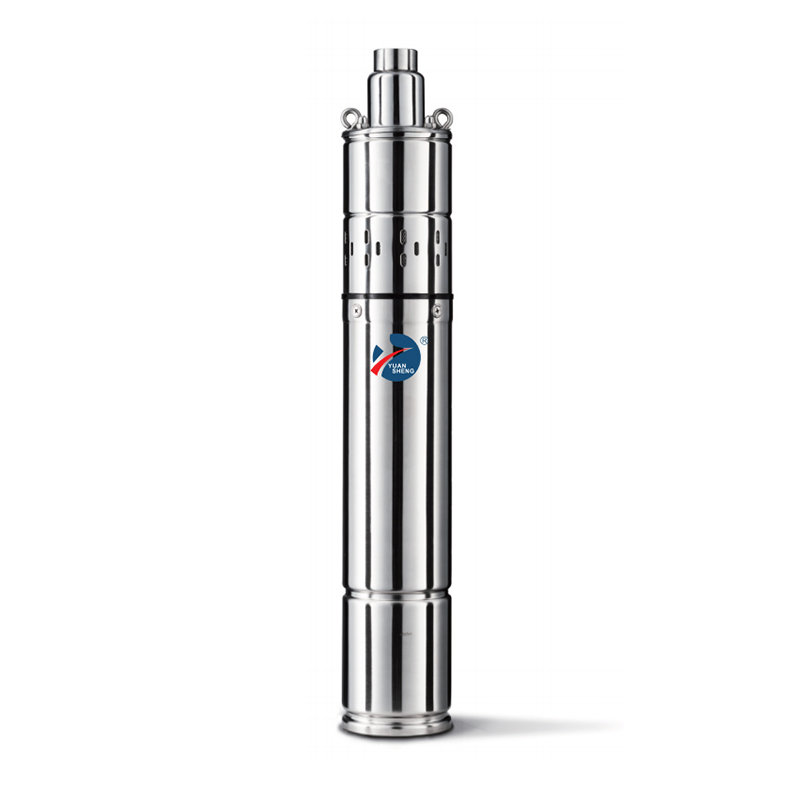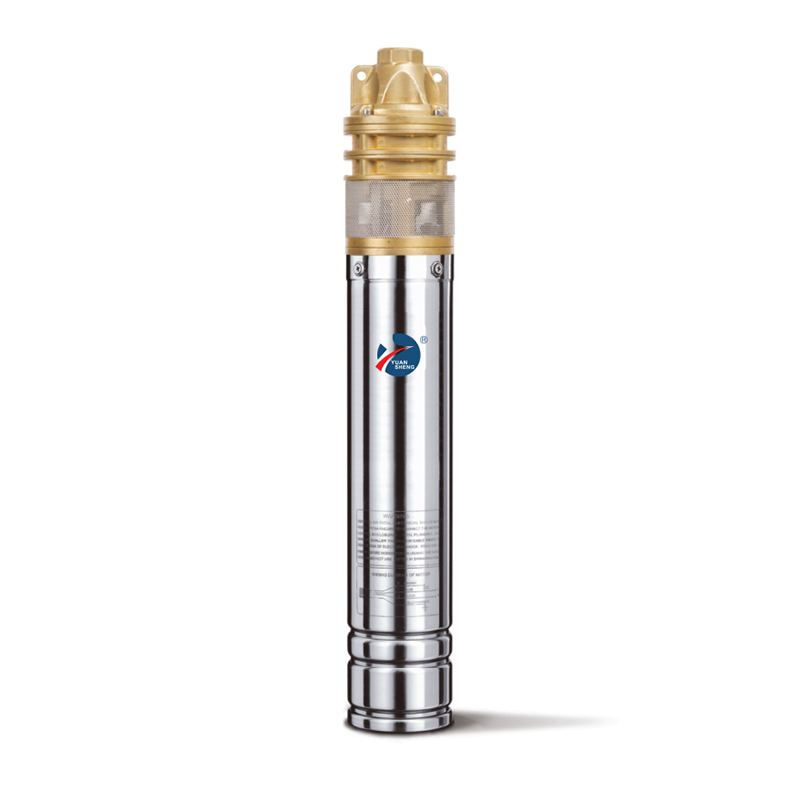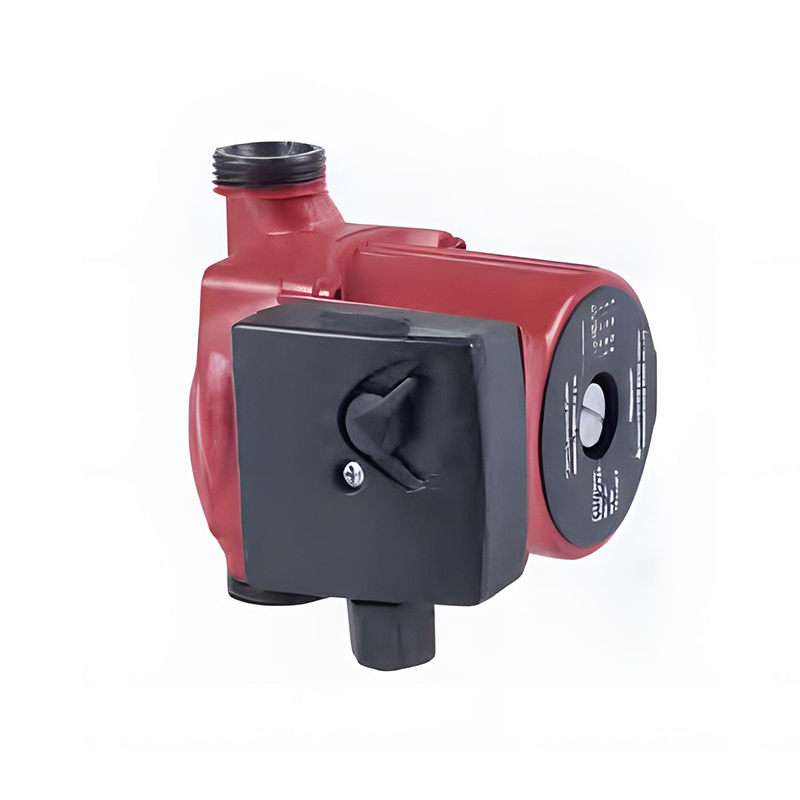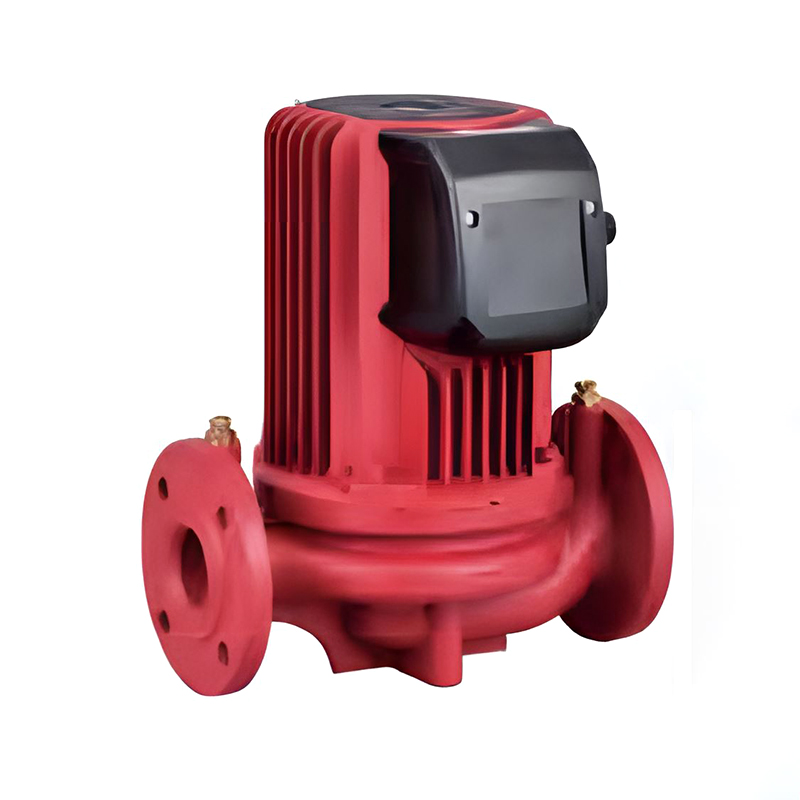Managing wastewater efficiently is a fundamental part of any modern infrastructure. Whether in residential basements or large-scale industrial sites, a sewage water pump serves as a reliable tool for ensuring proper waste removal. The importance of the sewage water pump becomes even more apparent in areas where natural drainage isn’t sufficient or practical.
A sewage water pump is engineered to move wastewater, including solids, from one location to another—typically from a lower elevation to a higher one. This function is especially critical in homes with below-ground bathrooms, where sewage cannot flow directly into the main sewer line. Here, the sewage water pump takes over, transporting the waste to the appropriate drainage system or septic tank.
One of the key advantages of a sewage water pump is its ability to prevent flooding and contamination. If wastewater accumulates due to poor drainage, it can cause serious health risks, structural damage, and unpleasant odors. A dependable sewage water pump mitigates these problems by actively removing waste as it collects.
When selecting a sewage water pump, homeowners and facility managers should consider the type of waste involved and the volume of water the pump will need to handle. Not all pumps are created equal. A high-performance sewage water pump will typically include a powerful motor, stainless steel or cast-iron casing, and impellers that can handle solids without clogging.
Another reason to invest in a sewage water pump is the ease of automation. Many modern models feature float switches that activate the pump when the water reaches a certain level. This automated response prevents overflow and ensures the sewage water pump runs only when necessary, conserving energy and reducing wear.
The sewage water pump is also a practical solution in commercial buildings, restaurants, and hotels. These facilities produce large amounts of wastewater that must be managed consistently. A well-maintained sewage water pump ensures that operations continue without disruption, protecting the property and complying with sanitation regulations.
Energy efficiency is becoming increasingly important, and manufacturers have responded by producing sewage water pump systems with improved energy-saving features. These pumps not only consume less electricity but also offer quieter operation, which is a benefit in residential and office environments.
Regular maintenance of a sewage water pump is crucial for optimal performance. Routine checks on the pump's electrical connections, impeller condition, and switch functionality can prevent costly failures. In high-use scenarios, it’s recommended to service the sewage water pump every few months to ensure reliability.
In construction and agriculture, portable sewage water pump units are highly valued. These mobile solutions can be transported to work sites where immediate wastewater removal is necessary. Their flexibility and robustness make them ideal for dealing with temporary sanitation systems or disaster recovery situations.
Moreover, investing in a high-quality sewage water pump enhances property value. Potential buyers or tenants are more confident in properties equipped with reliable waste management systems. This is particularly true in flood-prone areas or homes with extensive plumbing in basement levels.
Finally, the environmental benefits of using a sewage water pump should not be overlooked. By effectively transferring waste to treatment facilities or septic systems, these pumps help reduce pollution and protect groundwater sources. A properly functioning sewage water pump is a silent guardian of community health and ecological balance.
The sewage water pump is more than a utility—it is a necessity in any environment that demands dependable waste removal. Its versatility, efficiency, and protective capabilities make it an essential tool for modern living. From daily household use to industrial-scale operations, a reliable sewage water pump ensures safety, cleanliness, and long-term value.
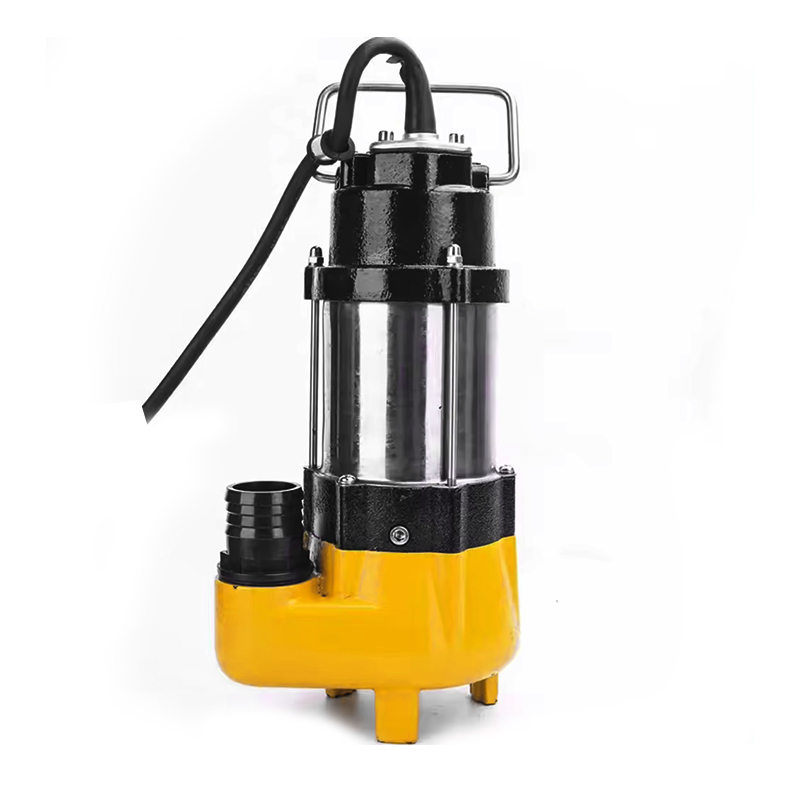


 English
English 中文简体
中文简体 عربى
عربى